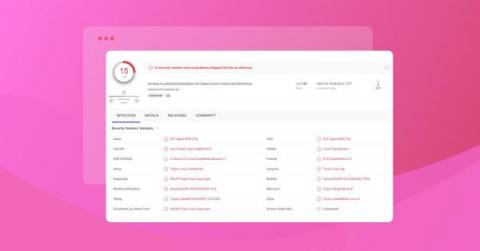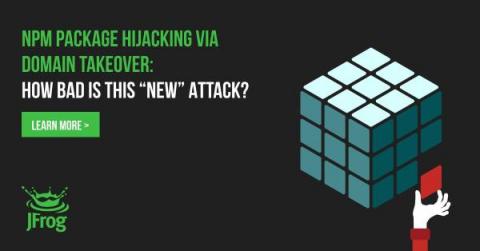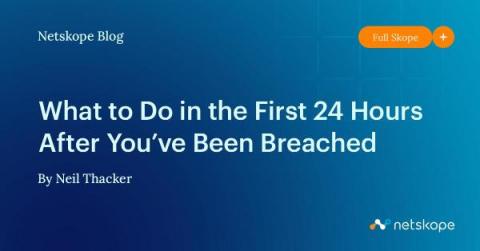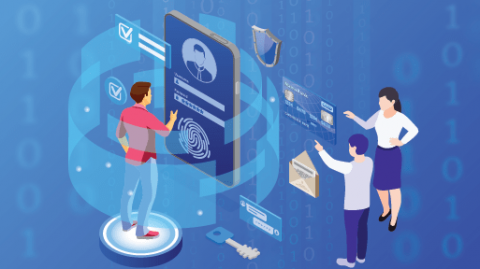Snyk finds 200+ malicious npm packages, including Cobalt Strike dependency confusion attacks
Snyk recently discovered overt 200 malicious packages in the npm registry. While we acknowledge that vulnerability fatigue is an issue for developers, this article is not about the typical case of typosquatting or random malicious package. This article shares the findings of targeted attacks aimed at businesses and corporations that Snyk was able to detect and share the insights.











